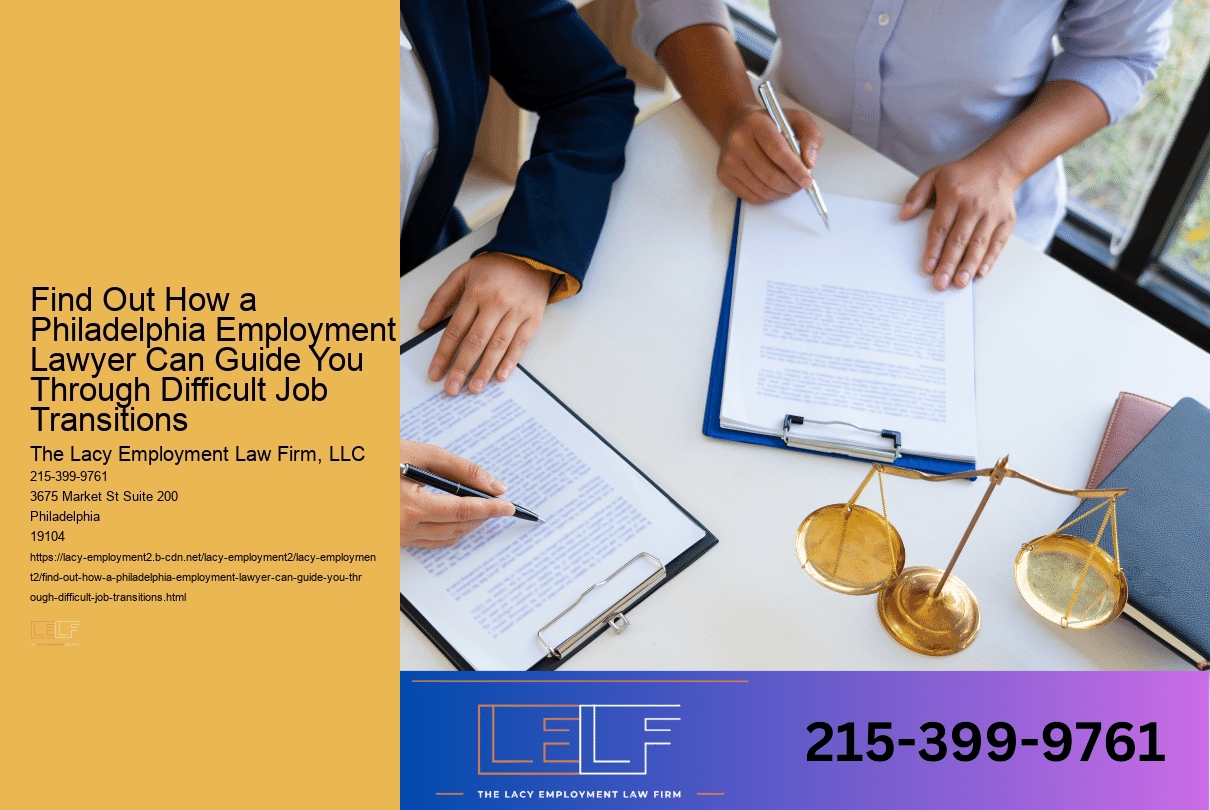
Achieve Fair Treatment at Work with the Assistance of a Skilled Philadelphia Employment Attorney
To ensure that your business complies with Employment Law, you should stay up-to-date with federal, state, and local labor laws and regulations that apply to your industry and workforce. You should also establish clear policies and procedures for hiring, firing, compensation, benefits, leave, and accommodations, and ensure that they are consistently and fairly applied to all employees. Additionally, you should provide regular training to your managers and employees on their rights and responsibilities under the law.
Common employment law issues include discrimination based on race, gender, age, religion, or disability, sexual harassment, wrongful termination, wage and hour violations, and workplace safety violations. Employees may also face issues related to benefits, leave, and accommodations.
The purpose of Employment Law is to provide a fair and safe working environment for employees, protect their rights and interests, and prevent discrimination and exploitation by employers. It also aims to promote productivity and economic growth by ensuring a stable and harmonious labor market.
If you believe your employer has violated Employment Law, you should first try to resolve the issue through internal channels, such as reporting the problem to your supervisor or HR department. If that doesn't work, you may need to file a complaint with a government agency, such as the Equal Employment Opportunity Commission (EEOC) or the Department of Labor (DOL). You may also need to hire an employment law attorney to help you protect your rights and seek appropriate remedies.
Employment Law, also known as labor law, is a legal framework that governs the relationship between employers and employees. It covers a wide range of issues, including minimum wage, discrimination, harassment, safety regulations, and workers' compensation.